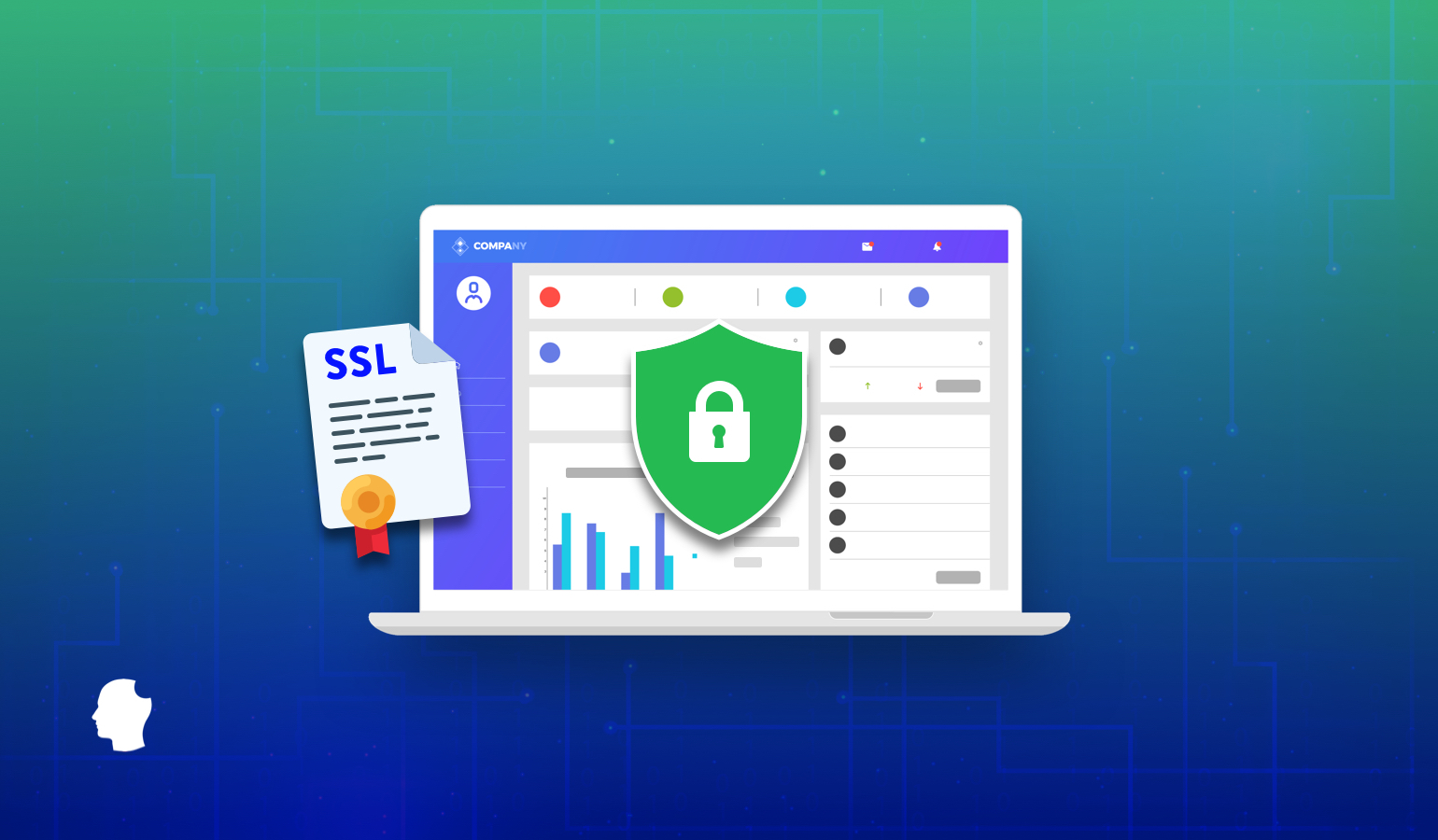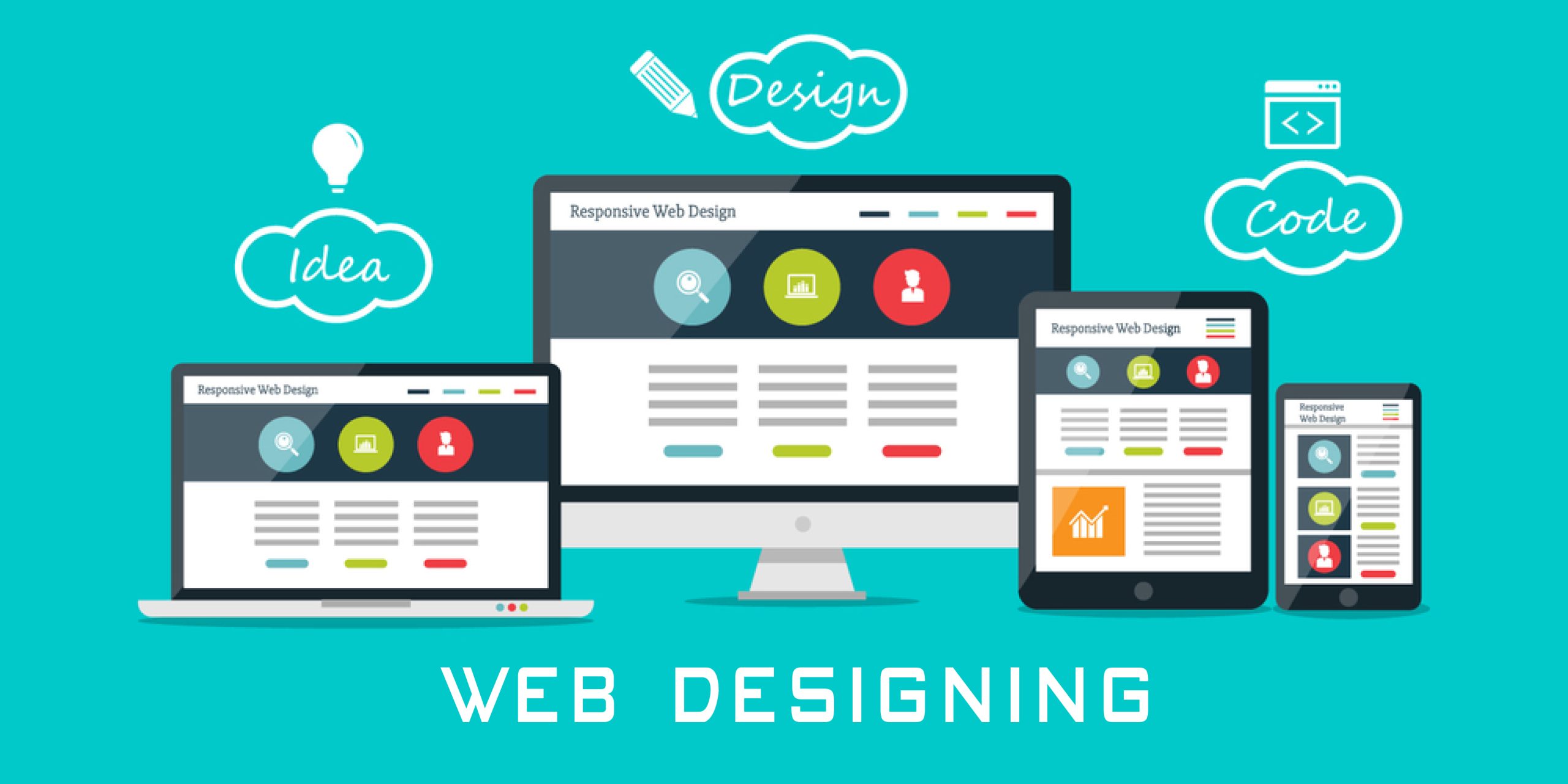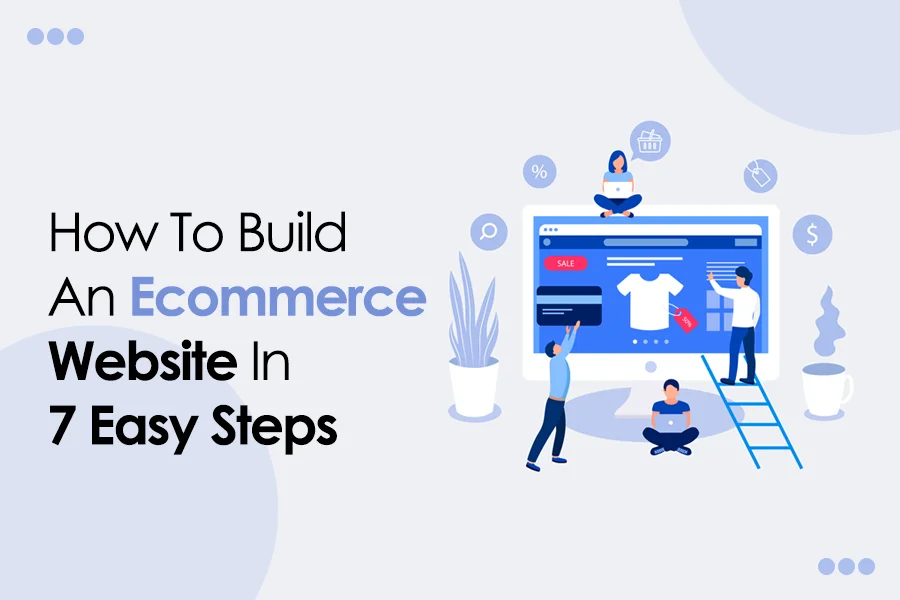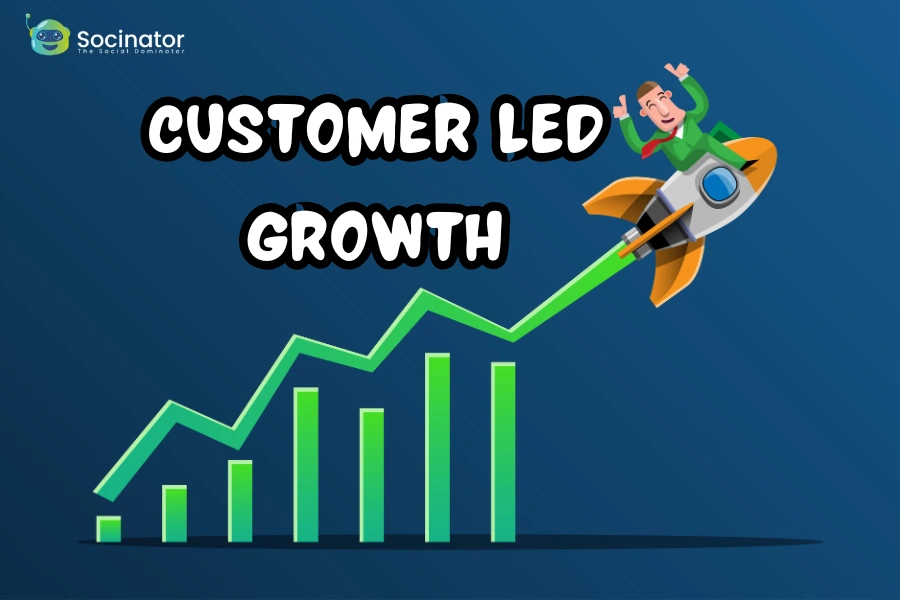The world is almost getting digitized, and the retail industry is evolving like never before. Thanks to e-commerce, people now have choices to order their favorite products from the solace of their homes.
As per the statistics, online sales are going to surpass 4 trillion US dollars in the next few years. So, it is quite evident that e-commerce is one of the fastest-growing industries in the world.
Though users find it easy to shop online, checkout seamlessly, and get their products delivered directly to their doorstep. But looking at the other way, developing an e-commerce site is not that easy. It can be terrifying, especially to the ones who are not techy.
So, if you are thinking of expanding your business to e-commerce or starting a new one, then here are some fantastic guidelines that can help you a great deal in setting up your e-commerce website.
1. Layout a plan
A well-planned strategy is key to success when building an e-commerce website, especially if you are starting from scratch. It’s a very complicated process, even if you want to create the simplest e-commerce platform because there are several minute details that you need to take into consideration while building your website.
By stepping into the shoes of your customers and keeping all your requirements in mind, prepare a list of things that you want on your website.
For instance, if you are planning to sell physical products, then you need to think in all aspects like how to sell the product, and before that, how you are going to manage to ship.
In case your business is all about selling digital products, then you probably need to think about delivery and payment options.
Apart from this, SEO is also a significant factor that you should start in advance while the site is in the developing stage because it will be of no use if your site starts functioning but is not able to provide you enough organic traffic.
So, kick-start your SEO strategy on a prior basis and make the most out of the time that anyways requires for developing the website.
2. Get a domain name and hosting
Once you select the domain, look for the best hosting services for your e-commerce store because it is responsible for the overall performance of your website on the Internet.
There are so many hosting companies out there with different pricing and features, but to find the right host for your website is quite overwhelming yet essential at the same time.
So make sure to choose the services that can keep your website stable and provide maximum up-time. Remember, Google also gives preference to the sites in search results, which are good at loading speed and up-time.
In case you are creating an e-commerce website for the first time, then the simplest way to start would be renting out server space and go for shared hosting. It requires less investment.
3. Choose the right platform
The e-commerce platform is yet another essential component for setting up an e-commerce store. Like hosting services, choosing the right e-commerce platform is also a crucial step and should not be compromised for anything.
So, explore all the top e-commerce websites similar to the ones that you are trying to create and check out their platforms. Then carefully analyze them and choose the one that suits your business needs so that you don’t have to switch to any other platform later on when your business grows.
Related Topics:
Top 7 Social Media KPIs to grow your Business
Top 10 Social Media Post Ideas You Can Apply in 2020
07 Tips To Put A Twist To Your Pinterest Marketing In The Covid-19 Era
4. Obtain SSL certificate
 There is one common and essential thing that every e-commerce website has and, i.e., payment option. People who make purchases from your site will definitely do transactions, and it is your responsibility to keep their personal data safe.
There is one common and essential thing that every e-commerce website has and, i.e., payment option. People who make purchases from your site will definitely do transactions, and it is your responsibility to keep their personal data safe.
SSL certificate ensures secure transactions by securing the connection between the visitor’s web browser and your web server. In most cases, you will get this certification with your hosting packages. But in case you have not got, then you can definitely buy SSL certificate with the domain name.
In fact, some hosting companies take care of SSL by charging separately for the certificate.
5. Design your website
 Ecommerce websites are all about products and pages. So the next important thing on which you need to focus on is the design of your website.
Ecommerce websites are all about products and pages. So the next important thing on which you need to focus on is the design of your website.
Try to keep it simple and elegant. The more you stick to the idea of showcasing your products and services, the more sales you will get. Make it easy for your customers to stir around your website and find what they want.
Nowadays, almost 70% of people use mobile phones to browse a website or make any purchase. Therefore, do not forget to optimize your website for mobiles.
6. Set up your payments
Online payment is a must for every e-commerce platform, and to make it easier; you need to get an IMA (Internet Merchant Account), which enables you to receive online payments.
There are so many banks that can set up an IMA for you. In fact, most of the e-commerce platforms also support a wide range of payment methods, which gives you the freedom to integrate different customer-friendly payment gateways into your e-commerce website.
Nowadays, digital payment gateways like Paytm and Google Pay are extensively used by people. So, analyze the market properly, check which payment method people are using more for making purchases, and then integrate them on your website. This way, you will not lose your customers because of the limited payment options.
7. Start selling
Now, all the significant aspects have been covered, and your e-commerce website is ready to be launched to the world. However, to start driving traffic to your website, you need to create some marketing strategies and promote your store on social media.
You can also take help from various social media management tools like Socinator to automate your social media marketing activities and boost your sales. The software also provides detailed activity statistics and reports to help you better analyze your marketing strategies. Also, it helps you automate social media processes which in turn lower down your stress. It helps manage your social media accounts well. Overall, this tool acts as a boon for your social media marketing department.
Conclusion
To keep your business growing in this competitive world, there is nothing better than creating an e-commerce website of your own. Though it’s not easy, it can be simplified with the right guidance.







